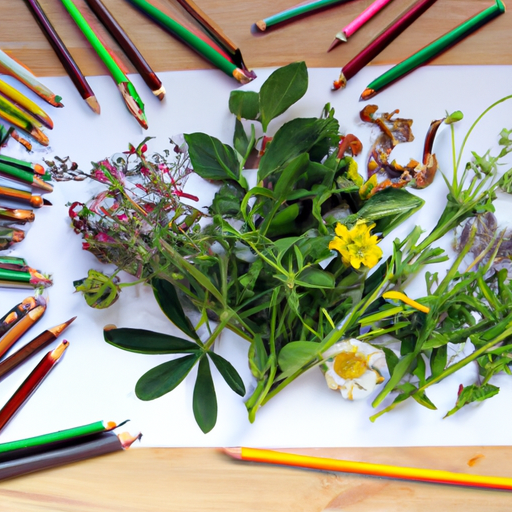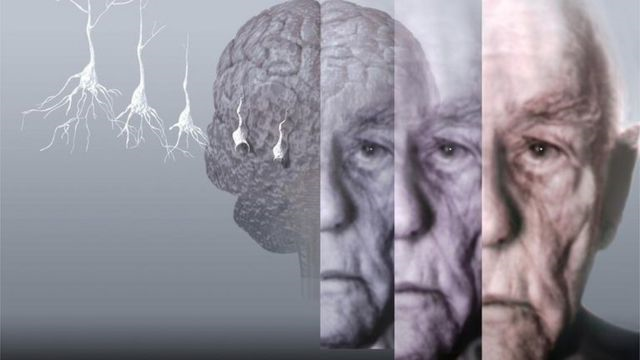In today’s fast-paced and hectic world, the search for alternative and holistic approaches to health and wellness has become increasingly popular. One such ancient practice that has gained significant attention is Ayurveda, a traditional Indian system of medicine that dates back thousands of years. Central to Ayurveda are the use of herbs and natural remedies to diagnose, treat, and prevent various ailments. In this article, we will delve into the world of Ayurvedic herbs and their beneficial properties, exploring their role in diagnosis and treatment, unveiling their healing power, and understanding their holistic approach to symptoms, causes, and treatment methods. Join us as we embark on a journey to unlock the secrets of Ayurvedic herbs and discover their potential in promoting overall well-being.
1. "Exploring the Ancient Practice: Ayurvedic Herbs and their Role in Diagnosis and Treatment"
Ayurveda, an ancient Indian system of medicine, has gained significant popularity in recent years for its holistic approach to health and well-being. Central to this practice are Ayurvedic herbs, which play a vital role in the diagnosis and treatment of various ailments. These herbs, known for their therapeutic properties, have been used for centuries to restore balance and promote overall wellness.
One of the key aspects of Ayurveda is its emphasis on individualized diagnosis. In Ayurvedic medicine, each person is considered unique, and their health concerns are approached in a personalized manner. Ayurvedic practitioners use a combination of observation, physical examination, and detailed questioning to assess a person’s overall health and any imbalances in their body. This approach helps identify the root cause of the problem rather than merely treating the symptoms.
Ayurvedic herbs are an integral part of the diagnostic process. These herbs are carefully selected based on their specific properties and their ability to address the imbalances identified during the diagnosis. For instance, if someone is experiencing digestive issues, herbs such as ginger, fennel, or coriander may be recommended to improve digestion and alleviate discomfort. Similarly, if an individual has high stress levels, adaptogenic herbs like ashwagandha or tulsi may be prescribed to promote relaxation and reduce anxiety.
The treatment aspect of Ayurvedic medicine revolves around restoring balance and harmony within the body. Ayurvedic herbs are used to create customized treatment plans based on a person’s unique constitution, or dosha. According to Ayurveda, there are three doshas – Vata, Pitta, and Kapha – which represent different combinations of
2. "Unveiling the Healing Power: Understanding the Beneficial Properties of Ayurvedic Herbs"
Ayurveda, an ancient holistic healing system originating from India, has gained popularity worldwide for its natural approach to health and well-being. At the core of Ayurveda lies the use of various herbs, which are believed to possess beneficial properties that can help diagnose, treat, and prevent a wide range of ailments. In this section, we will delve into the healing power of Ayurvedic herbs and explore their beneficial properties.
One of the key principles of Ayurveda is the belief that each individual has a unique constitution, known as their dosha. There are three doshas: Vata, Pitta, and Kapha, and an imbalance in any of these doshas is believed to be the root cause of disease. Ayurvedic herbs are used to restore balance and harmony to the doshas, thereby promoting overall well-being.
Ayurvedic herbs have been used for centuries to address a variety of health conditions. For instance, Ashwagandha, also known as Indian ginseng, is renowned for its adaptogenic properties. It helps the body adapt to stress and promotes relaxation. Ashwagandha is commonly used to improve energy levels, reduce anxiety, and enhance cognitive function.
Another popular Ayurvedic herb is Turmeric, which contains a powerful compound called curcumin. Curcumin is known for its anti-inflammatory properties and has been extensively studied for its potential in preventing and treating chronic diseases such as arthritis, heart disease, and certain types of cancer.
Tulsi, or Holy Basil, is considered a sacred herb in Ayurveda and is revered for its immune-boosting properties. It is often used
3. "A Holistic Approach: Delving into Symptoms, Causes, and Ayurvedic Treatment Methods"
Ayurveda, the ancient Indian system of medicine, takes a holistic approach to health and well-being. It emphasizes the importance of understanding the root causes of diseases and treating them at their source, rather than merely addressing symptoms. This holistic approach not only focuses on physical health but also takes into consideration mental, emotional, and spiritual aspects of an individual.
When it comes to diagnosing and treating ailments, Ayurveda considers the unique constitution of each person, known as their "dosha." According to Ayurveda, every individual has a combination of three doshas: Vata, Pitta, and Kapha. These doshas govern various physiological and psychological functions in the body. Any imbalance in the doshas can lead to the manifestation of diseases.
Symptoms serve as important indicators of an underlying imbalance in the doshas. Ayurvedic practitioners carefully observe the symptoms presented by the patient to identify the dosha imbalance and determine the root cause of the ailment. By analyzing symptoms, Ayurveda aims to understand the body’s natural intelligence and its attempt to communicate an imbalance or disturbance.
Unlike modern medicine, which often focuses solely on suppressing symptoms, Ayurveda aims to address the root cause of the disease. This approach ensures long-lasting relief and prevents the recurrence of ailments. Ayurvedic treatments are designed to restore balance to the doshas and promote overall well-being.
Ayurveda offers a wide range of treatment methods, including herbal remedies, dietary changes, lifestyle modifications, detoxification practices, meditation, yoga, and more. Ayurvedic herbs play a crucial role in restoring balance and promoting healing. These herbs have been used for centuries and




